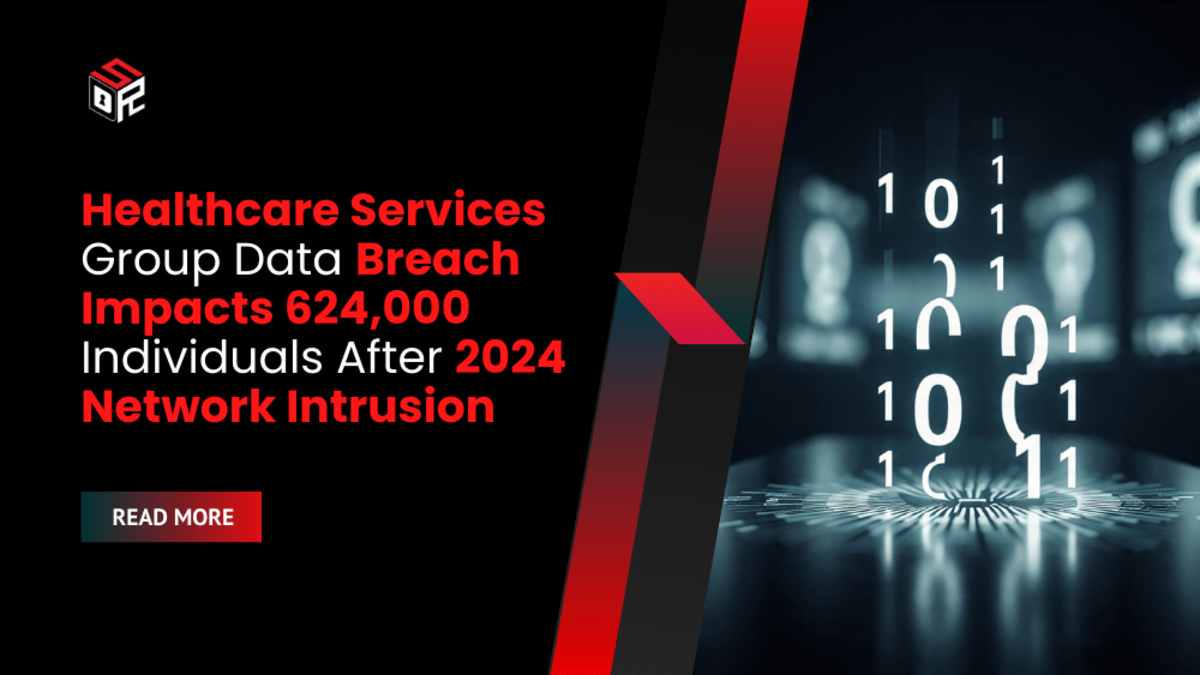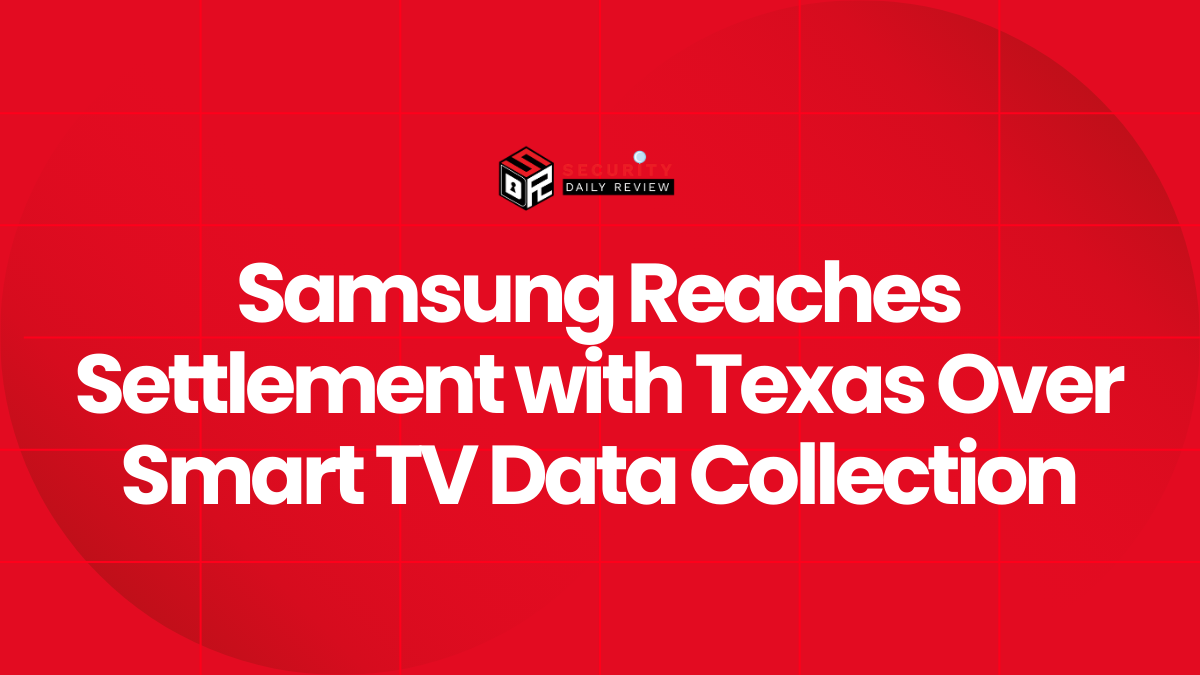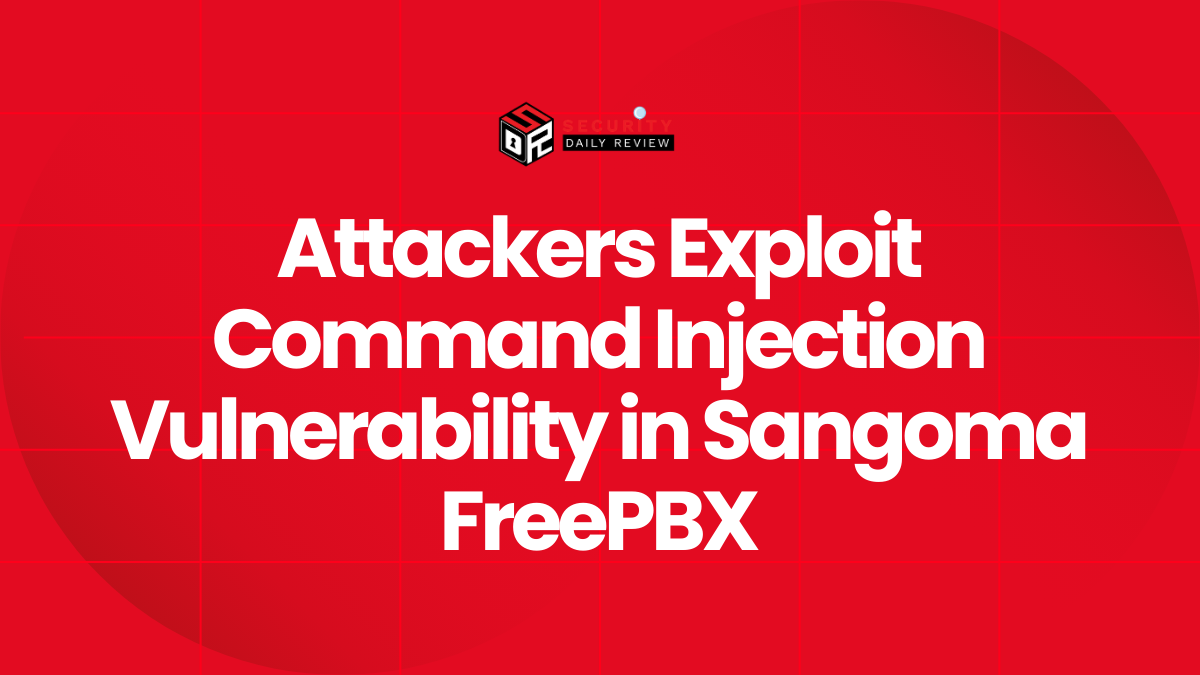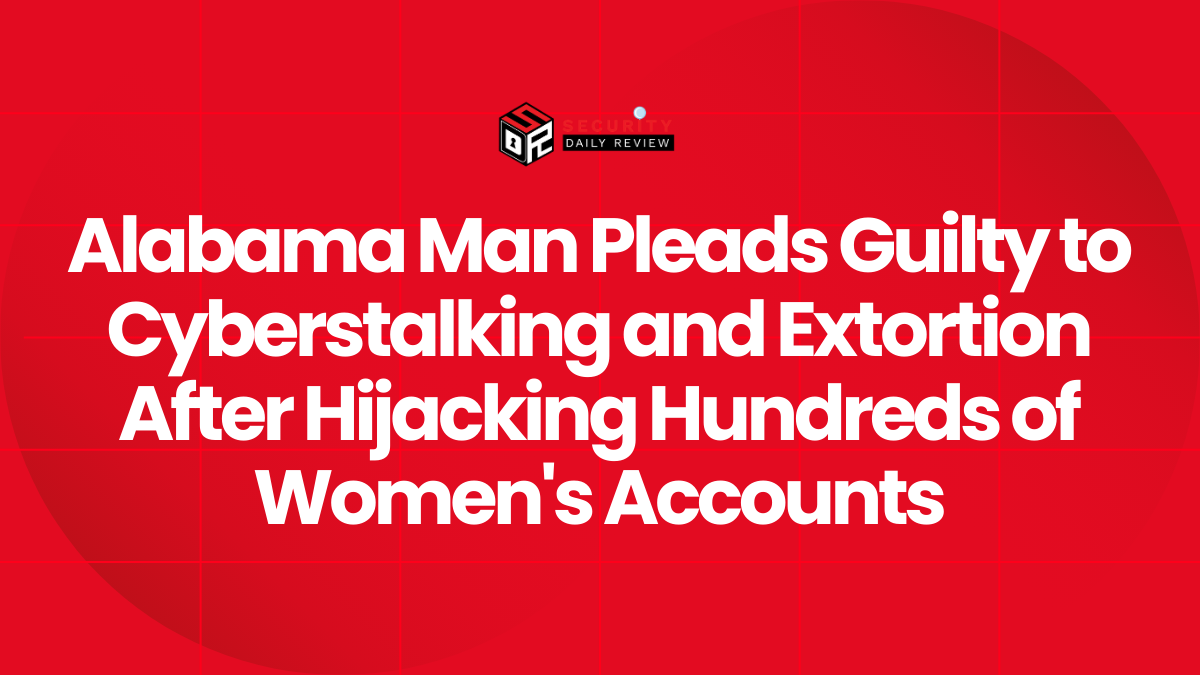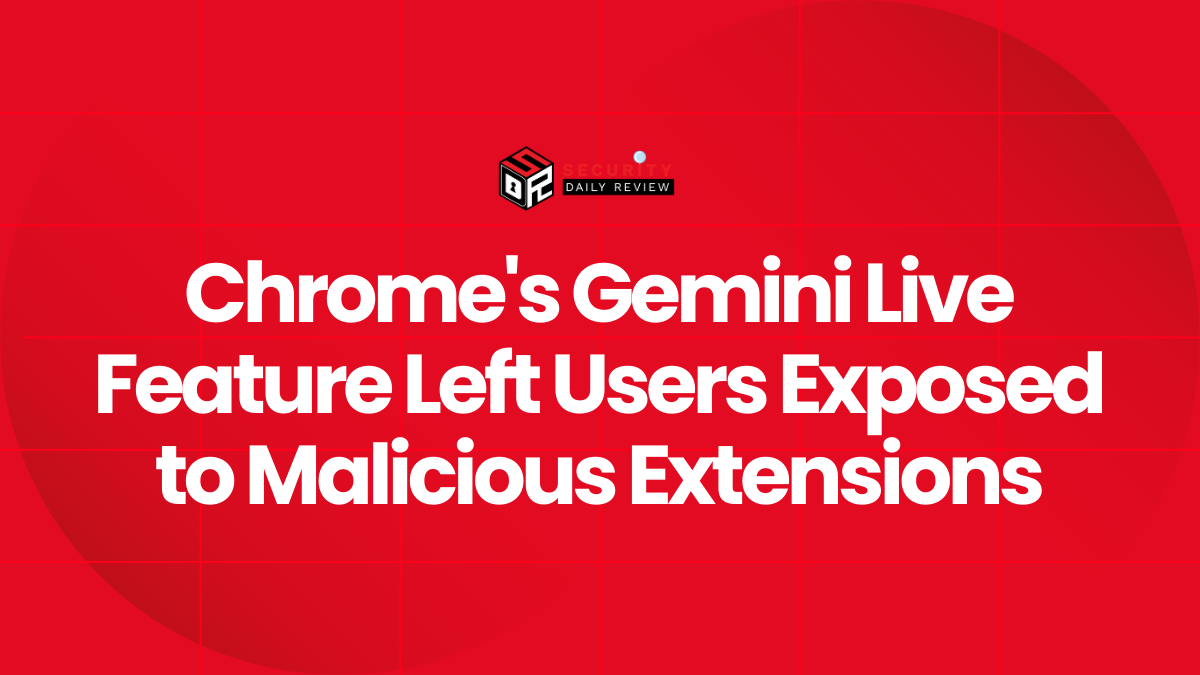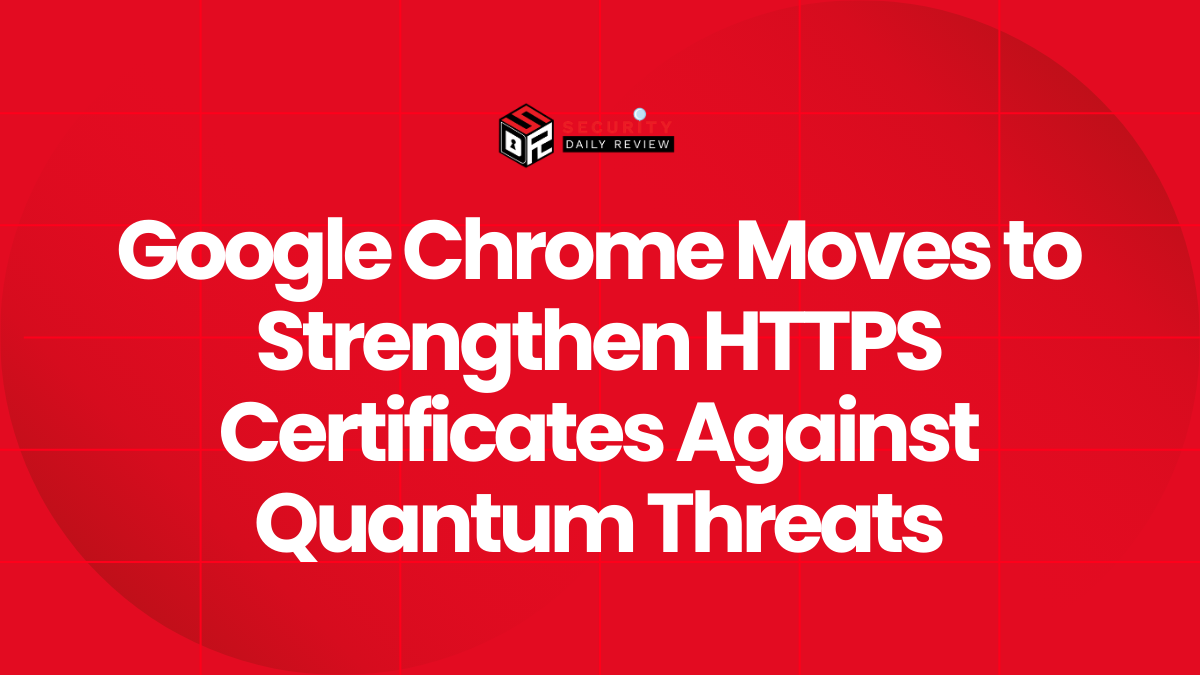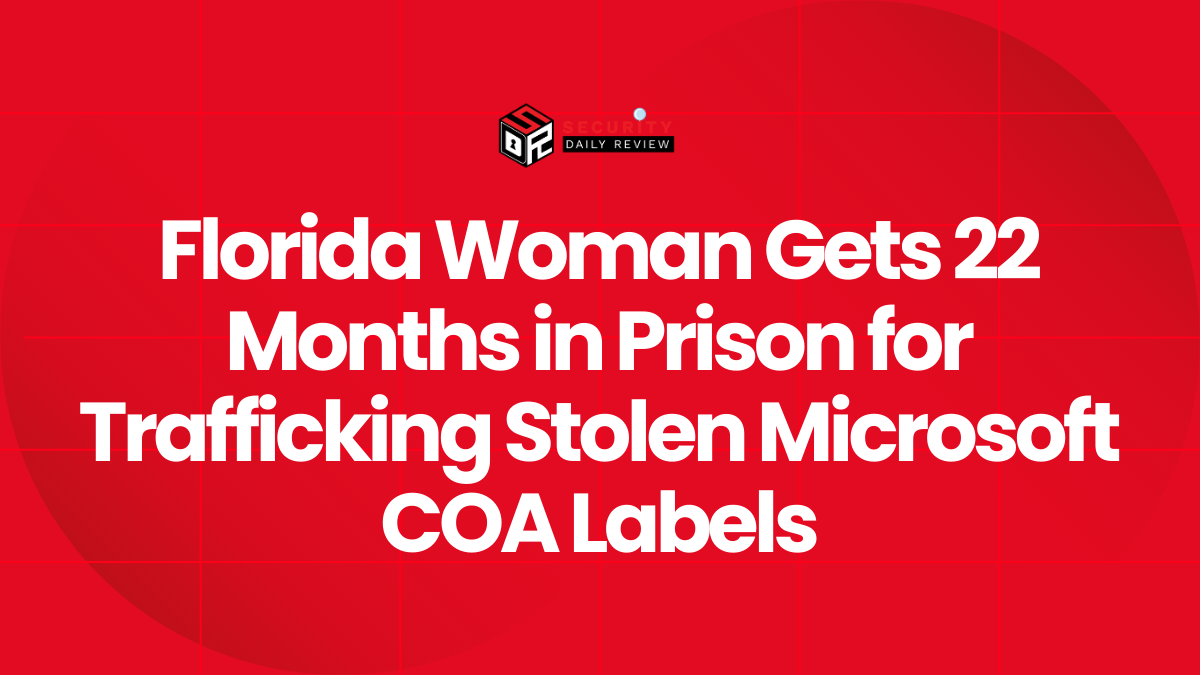Overview
- Company Impacted: Healthcare Services Group Inc. (HSGI)
- Industry: Healthcare support services
- Revenue: ~$1.7 billion annually
- Individuals Affected: ~624,000
- Incident Window: Sept 27 – Oct 3, 2024
- Discovery Date: Oct 7, 2024
- Notification Date: Aug 25, 2025
Healthcare Services Group Inc. (HSGI), a publicly traded provider of operational support services for healthcare facilities, has disclosed a major data breach that affected roughly 624,000 people. The company says it detected unauthorized access to its network in October 2024 and later concluded attackers had been active in its environment for several days in late September and early October. Investigators determined that files were accessed and copied during the intrusion.
Timeline of the Data Breach and Discovery of Unauthorized Access
HSGI reports the incident was first detected on October 7, 2024, but forensic review indicates the initial compromise began on September 27, 2024. The company’s investigation showed the unauthorized activity continued through October 3, 2024. HSGI says the intruders accessed and copied files from systems they reached during that window; the organization then conducted a detailed file-by-file review to determine which records contained sensitive information and who was affected.
Notices to impacted individuals were issued on August 25, 2025, after roughly ten months of investigation and review. The company told regulators and victims it has been working to validate exposure and to prepare notifications that identify the types of data involved.
Scope of Exposed Personal Information and Associated Risks
HSGI’s notification states that the types of data accessed vary by individual. The categories identified as potentially exposed include:
- Full name
- Social Security number
- Driver’s license number
- State identification number
- Financial account information
- Account access credentials
HSGI noted there is no evidence to date that the compromised information has been misused. Nevertheless, the presence of sensitive identifiers such as Social Security numbers and driver’s licenses raises the theoretical risk of identity theft, account fraud, or credential abuse if attackers attempt follow-on exploitation.
How Healthcare Services Group Detected and Investigated the Incident
According to company disclosures, HSGI detected suspicious activity on October 7 and immediately initiated an investigation. The organization engaged third-party forensic specialists to scope impacted systems, review accessed files, contain the intrusion, and support remediation. The multi-week forensic effort focused on confirming which files were copied and determining the population of affected individuals prior to issuing notifications.
The delay between detection and notifications reflected the time required to complete the file review and legal/regulatory coordination needed for accurate breach reporting.
Scale of Impact and Business Criticality of the Provider
Healthcare Services Group is a large vendor in the U.S. healthcare ecosystem, with estimated annual revenue near $1.7 billion and operations supporting thousands of healthcare facilities. While HSGI is not a direct clinical provider, its services are integral to facility operations and administrative processing across the sector. A breach affecting an operations vendor can have broad privacy and supply-chain implications because such providers often hold identifiers and account information tied to patients, staff, or contractors.
Support and Remediation Offered to Affected Individuals
HSGI stated it will provide identity protection services to impacted individuals. The company is offering either 12- or 24-month credit monitoring and identity theft protection depending on the nature of the information exposed for each person. HSGI also advised recipients of breach notices to monitor their financial accounts and report suspicious activity to their financial institutions and authorities.
At the time of the disclosure, HSGI said it had no indication of actual misuse or financial harm to affected individuals.
Attribution Status and Threat Actor
HSGI has not publicly attributed the intrusion to any known ransomware group or threat actor, and no criminal group has claimed responsibility. The company’s public notice focuses on the intrusion timeline, the scope of accessed files, and the identity-protection measures being offered. BleepingComputer and other outlets have reached out to HSGI for additional technical details and said they will update reporting if the company provides further information.
MITRE ATT&CK Mapping: Healthcare Services Group Breach
| Tactic (MITRE ATT&CK) | Likely Technique | ID | Notes on Applicability |
|---|---|---|---|
| Initial Access | Valid Accounts | T1078 | Credential use is possible given exposure of account credentials and timeline of access |
| Execution | Command and Scripting Interpreter | T1059 | Attackers often rely on scripting to automate data access and exfiltration |
| Persistence | Valid Accounts / Create Account | T1078 / T1136 | Likely maintained persistence via legitimate account mechanisms |
| Privilege Escalation | Exploitation for Privilege Escalation | T1068 | Common in vendor/enterprise intrusions to expand reach |
| Defense Evasion | Obfuscated/Encrypted Files or Information | T1027 | Attackers may have hidden exfiltrated data or activity |
| Credential Access | OS Credential Dumping | T1003 | Possible harvesting of credentials for lateral movement |
| Discovery | File and Directory Discovery | T1083 | Likely enumerated file stores to locate sensitive data |
| Collection | Data from Information Repositories | T1213 | Accessing and staging files containing PII |
| Exfiltration | Exfiltration Over C2 Channel / Exfiltration to Cloud Storage | T1041 / T1567 | Data confirmed copied from the network |
| Impact | Data Manipulation or Theft | T1565 / T1537 | Direct impact tied to exfiltration of personal information |
Enterprise Implications for Healthcare Vendors and Stakeholders
The HSGI incident underscores recurring enterprise concerns about vendor risk and the value of nonclinical data to attackers. Even when clinical records are not involved, vendor-held PII and account credentials can be used for identity theft, account takeover, or social engineering campaigns. For health systems and enterprises that rely on third-party services, the breach highlights the need to account for supply-chain exposure and to include vendor incidents in overall risk assessments.
HSGI mailed notifications to the people it identified as impacted and provided instructions about the identity protection services being offered. The company also recommended vigilance for phishing and other social-engineering attempts that might use personal details obtained from the incident. HSGI said it will continue cooperating with law enforcement and regulatory authorities as investigations proceed.
Closing Summary and Current Status
Healthcare Services Group confirmed that unauthorized actors accessed and copied files on its systems between September 27 and October 3, 2024. After a comprehensive file review, the company concluded that about 624,000 individuals may have had personal information exposed. Affected records can include names, Social Security numbers, driver’s license or state ID numbers, financial account details, and account credentials. HSGI is offering identity protection services and has reported the incident to authorities; as of the company’s disclosure, there is no confirmed misuse of the data and no public claim of responsibility.

